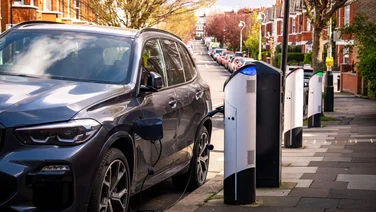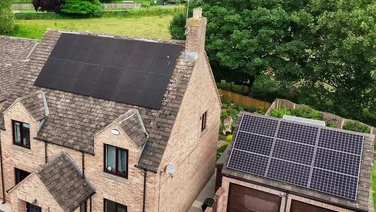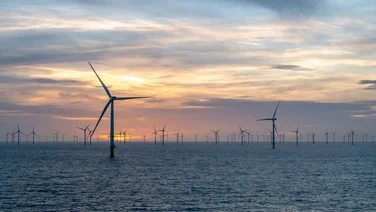We receive a small fee from trusted installers when you request a quote through our site. This helps us keep our content independent, well-researched and up to date – Learn more
- Energy bills likely to remain high for six years
- Pricing updates could impact UK winter energy prices
- It might be cheaper to fix your rate

Energy bills are likely to remain high for another six years, thanks to ageing power stations and delays in new nuclear plant construction, according to a recent report by Cornwall Insight.
Last week, Ofgem announced the energy price cap would fall from £1,690 a year to £1,568 if you pay by direct debit from 1 July.
Wholesale costs for natural gas have hit their highest levels across Europe since December 2023, owing to a crack in a pipeline at an offshore Norwegian platform, threatening a future spike in energy bills for UK consumers. Norway is Europe’s biggest supplier of natural gas.
The current prediction from Cornwall Insight is that the average dual-fuel bill is set to rise by 12% on 1 October and to remain at that level until Spring 2025.
The pricing updates are likely to impact winter prices in the UK, too, as Ofgem’s price cap is likely to chop and change over the next year.
Households struggling with nearly £1,700 a year on their gas and electricity bills might want to consider a fixed rate deal that could save them 12%, or £150, from next winter.
The challenge is there aren’t as many fixed deals on the market as there once were, but according to Uswitch, some big suppliers’ fixed-rate deals will offer a 7% discount next winter, but only after predicted price rises come into effect.
Elise Melville, an energy expert at Uswitch.com, told The Guardian: “It’s impossible to know for certain what energy rates will be in six, nine or 12 months’ time, but while prices continue to fluctuate, opting for a fixed deal while rates are low will give households at least a year of stability and potentially some savings.
“There are several fixed deals that are cheaper than the current price cap – some of up to £150 a year for the average household – and even one that costs less than the upcoming July cap.”
In slightly better news for motorists, Brent crude fell by more than 3% earlier this week to below $78 a barrel. This followed a market-wide speculation that oil-producing countries in the Opec+ group, like Russia and Saudi Arabia, are set to ramp up exports later in the year, which could mean more stability at the petrol pump.
Although oil prices could drop in the future, this is not guaranteed, so might be that now is the right time to switch to an electric vehicle (EV).
It could be that an EV could save you money in the short term, as well as cutting carbon emissions. You can see how much an EV will set you back by using the Eco Experts guide.






